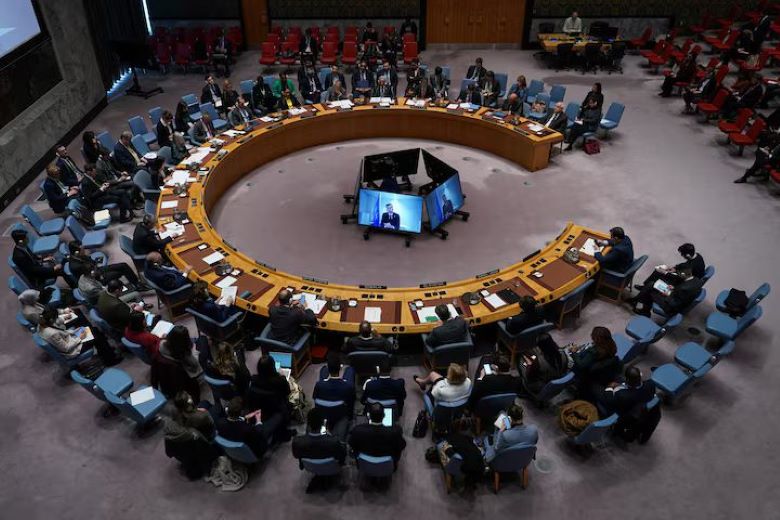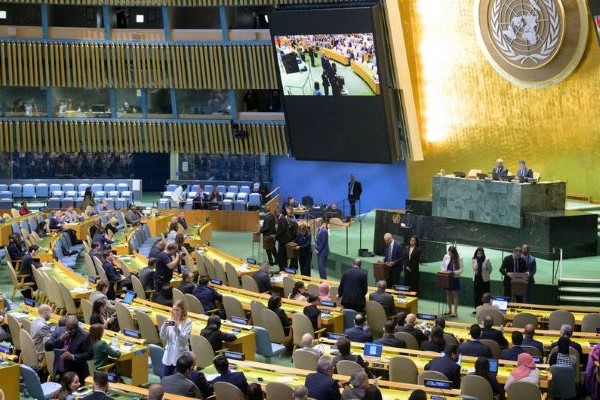In a key vote held at the United Nations Headquarters, the General Assembly elected five new non-permanent members to the UN Security Council for the 2026–2027 term.
Bahrain, Colombia, the Democratic Republic of the Congo (DRC), Latvia, and Liberia will assume their seats in January 2026, contributing to global peace and security decisions alongside existing members.
This election marks a milestone for Latvia, which joins the Security Council for the first time since its independence, with other elected countries bring varied experience to the table.
Colombia has held a seat seven times, the DRC twice, while Bahrain and Liberia have each served once before. Their election highlights the UN’s commitment to regional balance and representation.
The incoming group will replace Algeria, Sierra Leone, South Korea, Guyana, and Slovenia, whose terms conclude in December 2025.
The Security Council, tasked with maintaining international peace, includes five permanent members, China, France, Russia, the United Kingdom, and the United States, who hold veto power.
The remaining ten seats rotate among UN member states in two-year terms, with five new countries elected annually. These positions are distributed among regional groups to ensure equitable representation.
Although the newly elected countries ran unopposed in their respective regional blocs, their selection was not automatic. Each candidate required a two-thirds majority of the 193-member General Assembly to win.
Bahrain led the vote with 186 ballots in its favor. The DRC followed with 183, Liberia with 181, Colombia with 180, and Latvia with 178 votes. Abstentions ranged from one to ten across the voting blocs.
This year’s elections filled seats designated for Africa, Asia-Pacific, Eastern Europe, and Latin America and the Caribbean. The selection process reflects both diplomatic consensus and the importance of regional balance within the Council.
The five newly elected members will join Denmark, Greece, Pakistan, Panama, and Somalia, non-permanent members elected in 2024, to make up the full slate of ten elected states.
Their tenure will span two critical years, during which they will participate in decisions on sanctions, peacekeeping missions, and conflict resolutions.
With mounting global challenges, the fresh composition of the Council presents an opportunity for renewed dialogue and collaboration in shaping the international peace and security agenda.

